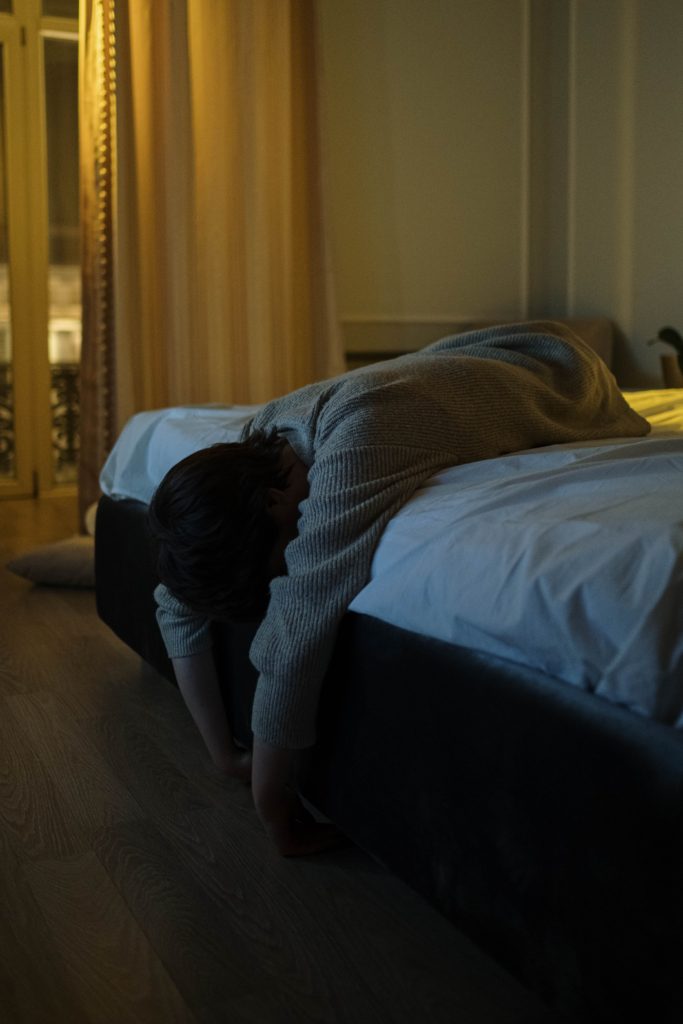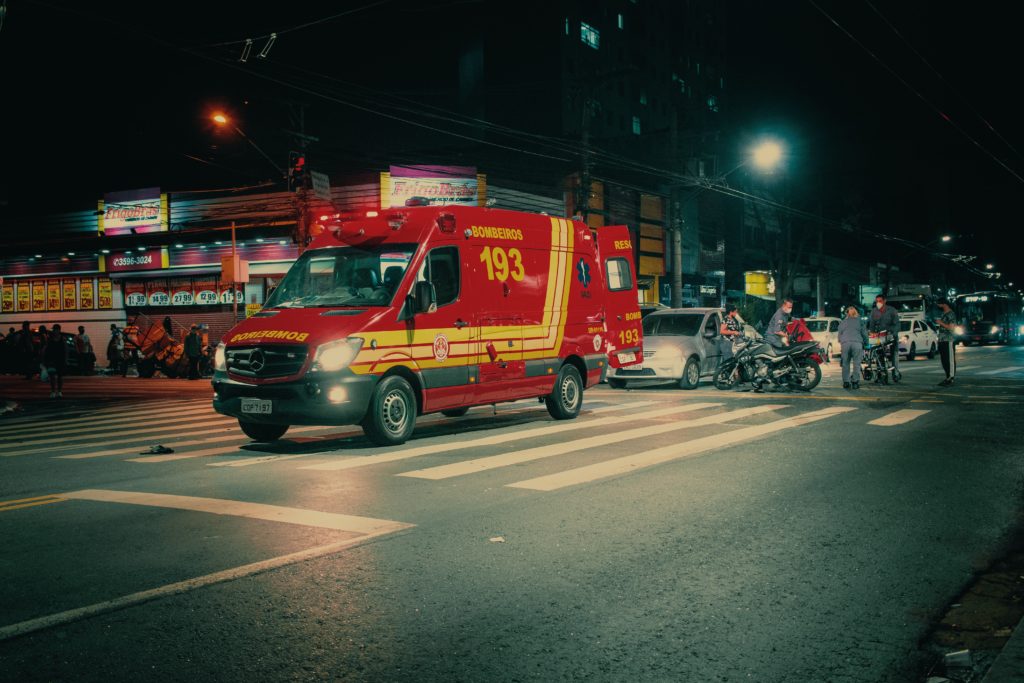
Overdose situations are often complicated. People at the scene of an overdose:
- may not recognize overdose symptoms until it’s too late. With opioid overdoses, breathing can stop anywhere from minutes to hours after the drug was used.
- may not know what to do. They may wonder if they’ve called soon enough.
- may not call 911 because they fear arrest for themselves and the overdosing person.
- may waste time disposing of substances before they call 911.
Let’s make it easy to call 911. Many overdose deaths are preventable.
Families support a strong 911 Good Samaritan Law
“My daughter and her boyfriend overdosed at my house. My husband called 911. I woke up to her screams. Her boyfriend was unconscious and she was hysterical, unable to find her phone let alone make a phone call. The police came, accused her of possible homicide, saying if her boyfriend died, she would be responsible. He did not die, but this life threatening medical emergency still resulted in 3 felony charges, 6 months in jail and 5 years probation for her.
– MB, Grafton
“As the founder of a recovery community organization, people in my area know I carry Narcan. One evening I was called to an address to help someone who was overdosing. Imagine my shock when I realized it was my daughter. I was able to arrive in time to save her, but became painfully aware that people like her friend who called – will not call 911 because they fear arrest.”
-TP, Mequon
“Maybe if we had better immunity under our Good Samaritan Law my beautiful daughter would still be alive. She died in a gas station bathroom. The person she was with took off in her car because he was also on probation and did not want to get caught and go to jail.”
– PJ, Green Bay
My daughter lost her life because she was on probation. Her supplier was on extended supervision. When Megan overdosed, he deliberately made the choice not to call 911. Her supplier was afraid Megan would be sent to prison if she survived because she had a stayed and imposed prison sentence and that he would be revoked and sent back to prison. Please remove the barriers to saving lives, so that people like my Megan don’t have to keep dying.
– BKM, Appleton
Joe’s Story
Joe is a composite of several people. His story is one that happens again and again under current Wisconsin law. People who survive an overdose have no immunity for arrest and prosecution or parole revocation. Under previous law they could obtain immunity if they completed a treatment program (and had costs covered and treatment was available in their part of the state) as a condition of supervision.
If they could not access treatment, they would go to jail for no less than 15 days. Many county jails in Wisconsin do not have access to medication-assisted treatment.
Meet Joe

Joe is a 25-year-old man. He has had an substance use disorder (SUD) since his late teens.
He has been trying to stop for 1-2 weeks at a time.
He is uninsured and can’t afford SUD treatment.
Joe’s Overdose

Here’s what happened when Joe overdosed in his mom’s house:
- His mom called 911. Police were the first on the scene.
- Joe now faces possession and paraphernalia charges.
- He’ll have court fees.
- He may face jail time.
- He could lose his job.
- If he has a felony, will have a hard time securing future work, housing and educational loans.
Joe’s Legal Problems

Joe’s life is unraveling.
- Stress of fees and pending jail time was too much.
- Joe used again and overdosed in mom’s house again.
- He’s now facing new charges and more jail time.